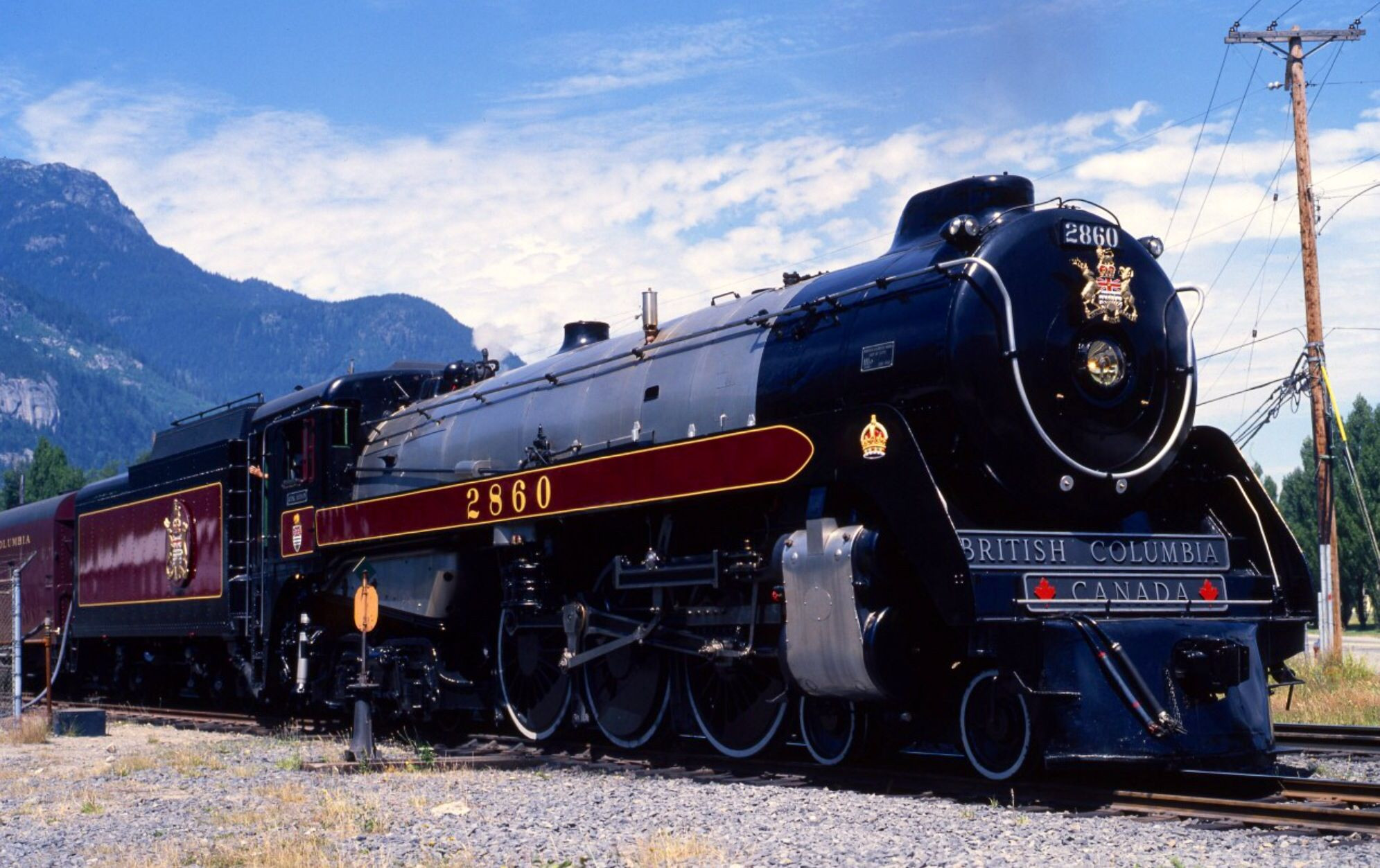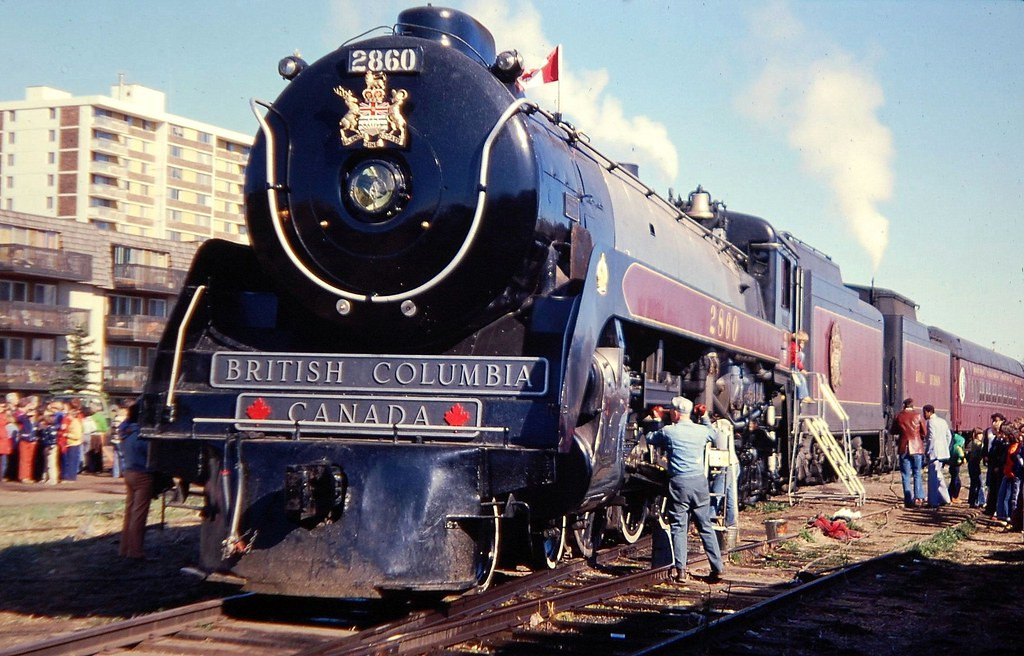Trains across the country have ground to a halt as 9,300 workers were locked out by both of Canada's major railways after they failed to agree on a new contract before a 12:01 a.m. EDT deadline. This unprecedented move has left commuters and businesses scrambling, with significant disruptions to travel and supply chains.
The lockout, which began early Thursday morning, affects workers at Canadian National Railway (CN) and Canadian Pacific Kansas City (CP), marking the first-ever simultaneous work stoppage by both major railways in Canada. The decision to lock out the workers came after negotiations broke down shortly before midnight, leaving no resolution in sight.
Commuters Left Stranded
Bewildered commuters were turned away from shuttered rail lines on Thursday as the lockout upset travel plans for more than 30,000 daily riders in some of Canada's largest cities. In Vancouver, the West Coast Express train service, connecting downtown Vancouver to Mission, B.C., was immediately affected. GO train service on the Milton line and at Hamilton GO station was also halted, while Exo, another train company, also suspended its services.
Impact on Supply Chains
The lockout is expected to have a significant impact on Canada's already strained supply chains. Supply chain disruptions brought on by this week's railway work stoppages could give rise to new boil water advisories across Canada, a chemicals industry spokesperson says. The shutdown is particularly concerning for Prairie farmers, who rely heavily on rail transport for grain shipments. A local expert warned that the disruption will be detrimental to their operations.
Union Demands and Railway Positions
Bargaining between workers and the country's two largest railways is set to resume Thursday morning after breaking off shortly before midnight. The unions representing the locked-out workers have been demanding improved wages, better working conditions, and increased benefits. The railways, however, have argued that their offers are fair and competitive. The unions have expressed frustration with the railways' unwillingness to compromise, accusing them of prioritizing profits over worker well-being.
Potential for Prolonged Disruption
The lockout raises concerns about the potential for prolonged disruption to rail services. The situation remains fluid, and it is unclear how long the lockout will last. Both the unions and the railways have expressed a willingness to return to the bargaining table, but there is no guarantee that a quick resolution will be reached.
A Looming Crisis
The lockout has created a sense of uncertainty and disruption across Canada. The potential impact on commuters, businesses, and the economy is significant. It remains to be seen how long this stalemate will last and what the ultimate impact will be on the country.
A Call for Compromise
Amid the ongoing dispute, calls for compromise are growing louder. Experts and stakeholders urge both parties to prioritize a swift and equitable resolution to minimize the disruption and economic damage caused by the lockout. The spotlight is now on the negotiators to find common ground and bring an end to this unprecedented rail stoppage.
The Future of Rail in Canada
This historic lockout is a stark reminder of the importance of a healthy relationship between labor and management in the rail sector. It underscores the need for a collaborative approach to address the concerns of workers while ensuring the efficient operation of the country's critical rail infrastructure. The outcome of this dispute will have far-reaching implications for the future of rail transportation in Canada.


















